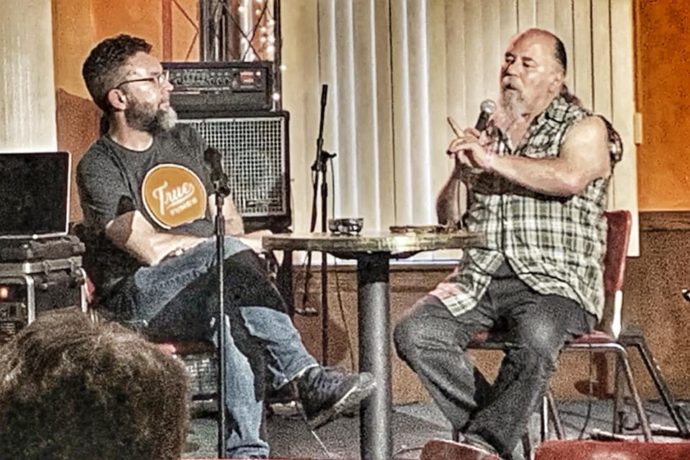When old things become new: a goodbye to Merle Haggard
By JJT (written for ThinkChristian.net)
Merle Haggard’s best songs, like “Wishing All These Old Things Were New,” had both an eschatological longing and a hard-earned wisdom.
I realize it should not come as a surprise when a 79-year-old man who lived as hard as Merle Haggard did finally leaves this world, but when I heard about his passing I had to pull over for a minute. We are losing our musical sages at a much greater clip than we are minting new ones. The math here is unsettling, to put it mildly.
Plenty of people will write brilliant obituaries of this fantastic American treasure. They’ll detail his massive impact on country music and they’ll celebrate his championing of common people. I’ll read and enjoy many of them. But when I heard about his passing I immediately thought of one song: “Wishing All These Old Things Were New,” the lead track to his somewhat obscure 2000 album If I Could Only Fly. The production is stripped down and direct, not only acknowledging Hag’s age and mileage, but celebrating both. It’s an oddly spiritual and wistful lament that, not entirely unlike B.B. King’s “The Thrill Is Gone,” considers the way life’s fleeting pleasures lose their luster over time. Two tracks later, on the beautiful ballad “Turn To Me,” Merle assumes the voice of God as he offers a patient reminder of his only true source of help. “When walls close in around you,” he sings, “I’m the one who sets you free. When you need someone to turn to, turn to me.” It’s an intimate and experiential portrait of God’s love and care in the darkest of times. Coming from the voice of Haggard, it is pure Gospel gold.
Besides his compelling voice, one of Haggard’s greatest assets was the way he captured glimpses of sanity in an upside-down world. His songs, whether articulating slices of his own life or telling stories through other characters, were firmly grounded in the dirt of a world governed by law and consequences — even as they aspired to transcend that dynamic. As a young artist, Haggard shared openly about the hard lessons learned during his wild and criminal youth (he was an inmate at the infamous San Quentin penitentiary, where he was inspired to pursue music by Johnny Cash’s famous performance there in 1958). For the last couple of decades, however, he assumed the duties of a leathery prophet pointing toward a coming Kingdom. It was a gig he was especially good at.
To continue reading this article please CLICK HERE




